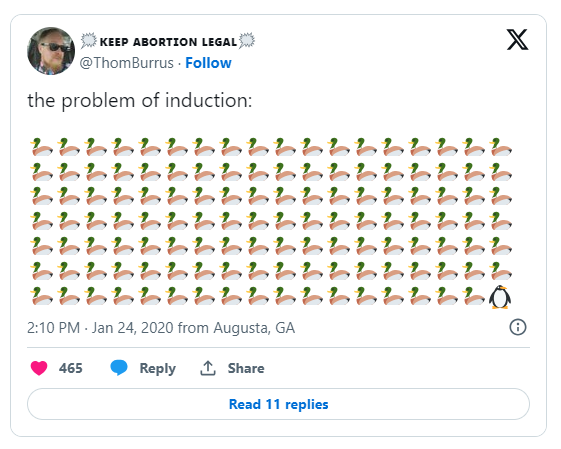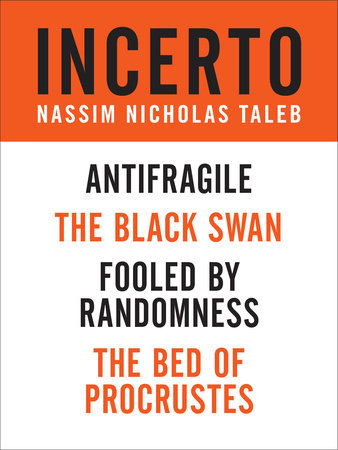Subscribe to Gorilla Grants
We regularly run grants to help researchers and lecturers get their projects off the ground. Sign up to get notified when new grants become available
Spotlight on...
I study the acquisition and use of nonconscious knowledge with emotional relevance, looking at how unconsciously learned structures can influence affective evaluations of novel stimuli.
Me and my colleagues investigated whether unconscious knowledge may influence the affective valence of stimuli that we have never encountered before.
We presented participants with meaningless strings of letters (such as XMVTRM) following one of two possible complex rules, called artificial grammars. The strings from one of the grammars (the positive grammar) were always paired with positive images, while the strings from the other grammar (the negative grammar) were always paired with negative images. These artificial grammars are too complex to be detected consciously, but they are nonetheless learned, producing mostly unconscious knowledge (similar to how we learn our native language’s grammar). Thus we expected that participants will learn the grammars and associate them with the respective emotions, while remaining unaware of what they have learned. In a subsequent phase we presented participants with novel strings (i.e., that were not presented before, together with the images).
We found that participants evaluated the new strings from the positive grammar more positively that the new strings from the negative grammar, even when they had no awareness of the grammar-valence association. This means that the unconscious knowledge of the grammar-valence association influenced participants’ affective evaluations.
To sum up, we found that nonconsciously learned structures can influence affective evaluations of novel stimuli.
The study has been published in the Journal of Experimental Psychology.
You can view a free full text version here.
Because it’s user-friendly, easy to learn, and it’s reasonably priced! I am able to collect large amounts of data in a short time, with reduced effort.
It will increase the sample sizes used in studies, which, hopefully, will contribute to an increase in the number of replicable results.
“I am able to collect large amounts of data in a short time, with reduced effort.”
Find a context where you can pursue your intrinsic interests, with as much freedom as possible, and preserve your intellectual integrity.
“I believe that nonconscious knowledge plays a much greater role in our daily behaviour that we think it does.”
The “problem” is that it may be the case that this unconscious knowledge is often masked by conscious knowledge. For instance, when we speak, we often use grammatical rules that we have learned unconsciously, but we are also capable to retrieve or to make-up some conscious rule. Thus, we might assume that the consciously retrieved or made-up rule is the one that has influenced our utterance, when it actually has been based on an unconscious rule. But this “double coding” (unconscious and conscious) hypothesis is difficult to test, because, according to current criteria for claiming an unconscious influence, one has to exclude the presence of any potentially relevant conscious knowledge.
I would actually make a joint interview, with Gerd Gigerenzer and Daniel Kahneman. I would like to have them engage in a dialogue about the adaptive functions of our intuitive or nonconscious mind. Kahneman’s perspective is seen as quite pessimistic regarding how “smart” our intuitive mind is, and Gigerenzer’s is seen as more optimistic, but my impression is that there is actually a lot of unexplored common ground in their views.
Reading (mostly about daily life and thought in antiquity; science; theology), sports (gym, table tennis, football – depending on the circumstances), long walks through the forest etc.

The Incerto series, by Nassim Taleb, which comprises five books dealing with the perils and opportunities of randomness, risk, uncertainty, and with their ubiquitous implications.

We regularly run grants to help researchers and lecturers get their projects off the ground. Sign up to get notified when new grants become available